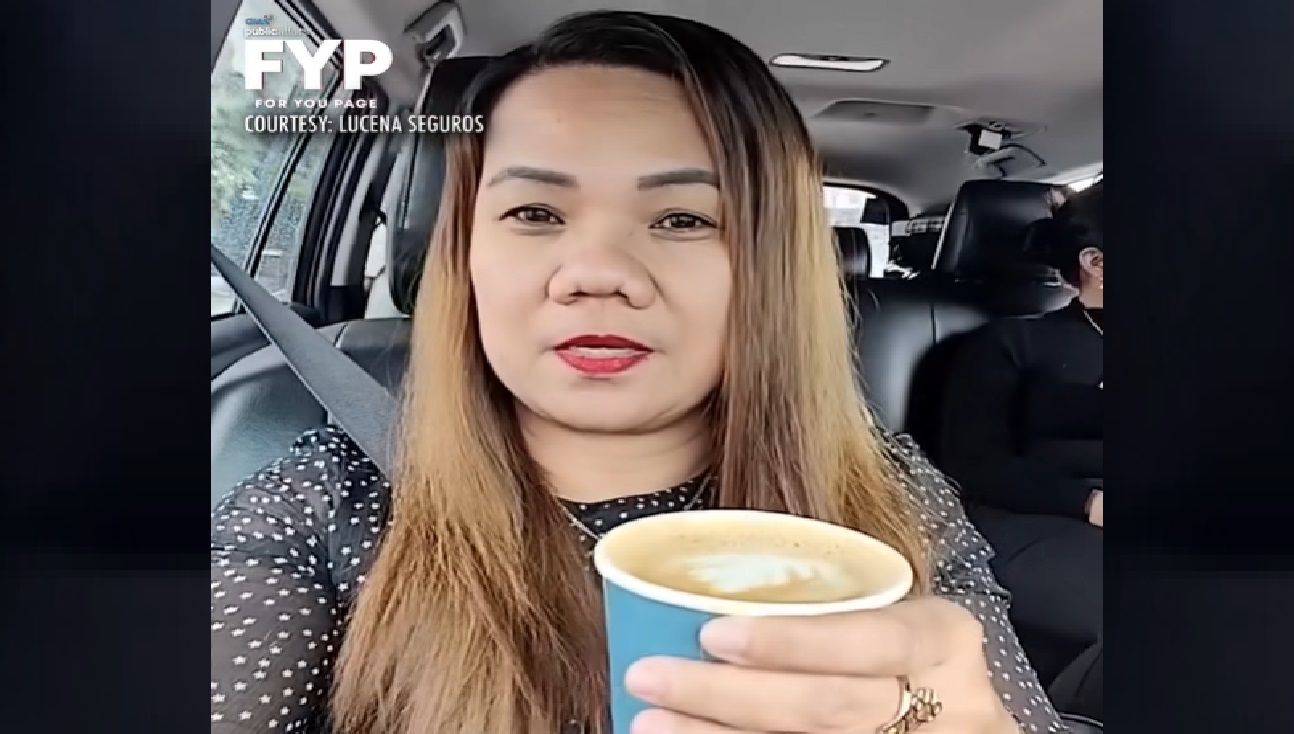Facility-based quarantine no longer required for fully vaxxed travelers, ROFs —Palace
The Philippine government has dropped the mandatory facility-based quarantine requirement for international travelers and returning overseas Filipinos (ROFs) who are fully vaccinated against COVID-19.
International travelers and ROFs, however, must present a negative RT-PCR test taken within 48 hours prior to departure from the country of origin and must self-monitor for seven days from the date of arrival, according to acting presidential spokesperson Karlo Nograles on Friday.
"[They] shall also be required to report to the local government unit of destination upon the manifestation of symptoms, if any," Nograles said at a press briefing.
The new policy will take effect starting February 1, 2022, Nograles said.
Nograles said this is regardless of country of origin as the government has decided to suspend its "green," "yellow," and "red" COVID-19 risk classifications for countries, territories and jurisdictions.
As proof of vaccination, the travelers must present either World Health Organization International Certificates of Vaccination and Prophylaxis, VaxCertPH, or National/State digital certificates from foreign governments which also accept VaxCertPH in a reciprocal arrangement unless otherwise permitted by the Inter-Agency Task Force on Emerging Infectious Diseases (IATF).
Nograles said unvaccinated, partially vaccinated, or individuals whose vaccination status cannot be independently validated will have to present a negative RT-PCR test result taken within 48 hours before leaving their country of origin.
They will also have to undergo facility-based quarantine until the release of their negative RT-PCR test taken on the fifth day. Afterward, they will have to undergo home quarantine until the 14th day, with the date of their arrival being the first day, Nograles said.
"LGUs of destination and their respective Barangay Health Emergency Response Teams are tasked to monitor those arriving passengers undergoing home quarantine," he added.
Children who are 12 years old and below and could not be vaccinated shall follow the quarantine protocols of parents or the adult/guardian traveling with them.
Meanwhile, those who are undergoing quarantine as of February 1 may avail of the new testing and quarantine protocols, Nograles said.
Foreigners
Meanwhile, Nograles also said starting February 10, 2022, foreign nationals from non-visa countries who are fully vaccinated will be allowed to enter the Philippines.
He said these foreigners should be holders of passports valid for at least six months at the time of arrival, and with return or outbound ticket to their country of origin or next country of destination.
Children below 18 years old are exempted from the requirement of full vaccination and providing proof of vaccination status prior to boarding, Nograles said.
Fully vaccinated nationals shall not be included in the arrival quota of the Department of Transportation and its One-Stop-Shop, he added.
Starting February 16, only fully vaccinated foreign nationals will be allowed to enter the Philippines.
"Ang mga foreign nationals ay hindi papasukin sa bansa kung hindi sila fully vaccinated (foreign nationals will not be allowed to enter the country if they are not fully vaccinated)," Nograles said.
No forward transmission
For her part, Health Undersecretary Maria Rosario Vergeire said analysis by the Philippine Genome Center showed that there was no forward transmission among returning overseas Filipinos.
"Ibig sabihin ng forward transmissionn, hindi po nanggaling sa karamihan ng ating returning overseas Filipinos ang mga pagka community transmission natin sa ating komunidad," she said.
(Forward transmission means that our community transmission did not come from our returning overseas Filipinos.)
Data showed that the Omicron sub-lineage BA.1 was detected mostly among returning Filipinos but sub-lineage BA.2 or the Stealth Omicron was found to be the most common in local cases in every region.
Further, Vergeire said the policy no longer makes sense.
"Ang sinasabi ng ating mga eksperto, it doesn’t make sense anymore because ‘yun pong transmission sa ating bansa ay napakataas na. Baka mas mataas pa doon sa pinagbabawalan natin na mga travelers coming from other countries," she said.
(What our experts are saying is it doesn't make sense anymore because the transmission in our country is very high. It may be higher than the origin of countries of other travelers.)
However, Vergeire assured that there is no need to fear, saying the government is not focusing on community interventions. —with Joviland Rita and Joahna Lei Casilao/KBK/RSJ, GMA News









